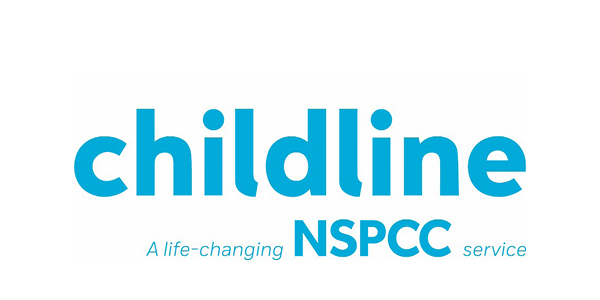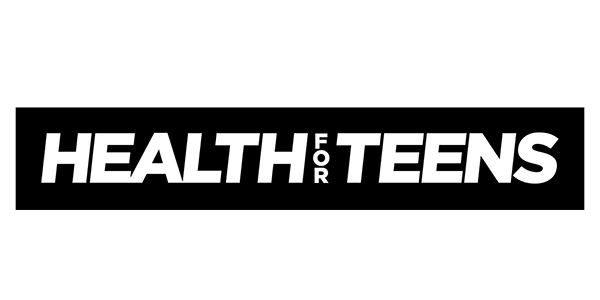Periods
By late teens your periods are starting to become more regular and may have settled into a pattern.
The average is to have a period every 28 days. Regular menstrual cycles that are longer or shorter than this, for example 23 to 35 days, are normal too.
If problems with your periods are affecting your life, there is help and support out there. Talk to your GP for advice.
Periods: Just the facts
- What are periods? Periods are part of the menstrual cycle where you will bleed from your vagina for a few days.
- Why do I have periods? During puberty, your female reproductive organs start to develop. Each month, these hormones cause an egg to mature and be released from your ovaries. In case the egg is fertilised by a sperm, the lining of your uterus becomes thick and soft with blood and tissue. If the egg isn’t fertilised by a sperm, this lining of the uterus isn’t needed so comes away and is released from the body through your vagina – this is your period.
- When will they start? Females usually have their first period between the ages of 9 and 14. They will probably be irregular at first, but will settle into a pattern after a few months. If you haven’t started your period by the age of 16, talk to your GP.
- How often will I have my period? Most females will have their period every 28 days or so. The menstrual cycle normally lasts about 28 days, which means there are 28 days between the start of your period and the start of the next one. It’s very common for periods to be more or less frequent than this though.
- How long will it last? Your period can last between three and eight days, on average they last for about 5 days. The bleeding will be heaviest in the first couple of days before it starts to slow down towards the end of your period.
- What sanitary products can I use? Sanitary products are used to soak up or collect the blood you release during your period. The main types of sanitary products are: sanitary pads, tampons, period pants and menstrual cups. For more information on these, check out the links below.
- If you are at school or college and you start your period early, your school should have a supply of products which are free for students.








